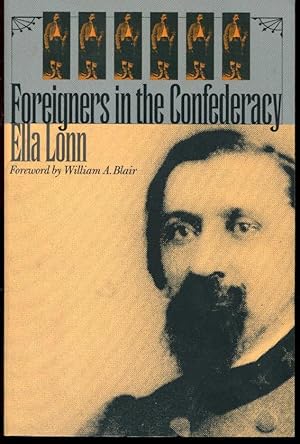
The largest ethnic group found in Southern regimental bands was German, and Gen. Nathan Bedford Forrest’s favorite bugler was Jacob Gans. The latter’s instrument was often disabled by enemy fire at Pulaski, Tennessee. It was said of Jacob Brown, a German musician in the First Kentucky Regiment, that: “He was almost always on the field as a bugler when not fighting in the ranks.”
Bernhard Thuersam, www.Circa1865.com The Great American Political Divide
German Musical Contributions to the Infant Republic
“It is of peculiar interest, albeit no surprise to some readers, to learn that the author of “Dixie,” as we know it, was a German. In 1852 a German musician named Arnold came to America with his three sons, all educated musicians.
The youngest son, Hermann, organized and conducted a concert orchestra, toured the South, and married a native of Montgomery, where he settled down to teach music. When the citizens of that city set about making plans for the inauguration of President [Jefferson] Davis, Arnold was put in charge of the inaugural music.
When he could find no score in his musical library which he thought suitable, his bride suggested that for the parade he play “Dixie,” a pretty, catchy air which had been current in the South. He played the air through and then scored the music for the band.
On February 18 Arnold’s band led the parade and as Davis stepped into his carriage to drive to the capitol the band struck up “Dixie.”
Its first notes so thrilled the great crowd in the square and avenue that one hundred thousand loyal Confederates broke into the rebel yell. Without an act of congress it was accepted as the official song of the Confederate States of America.
It was not unnatural that Victor Knaringer, a professor of music Hamner Hall, a seminary for young women at Montgomery, should have dedicated his composition, “A Phantasie,” to the president of the infant republic, but it was a tribute to this German composer that President Davis honored with his presence its first rendition at a concert at Hamner Hall on March 22, 1861.
It was another alien who made “The Bonnie Blue Flag” popular in the South. Jacob Tannenbaum . . . was so talented that he was a court musician in Hannover at the age of nineteen and had already composed music. Armed with letters of recommendation he visited a sister in Mobile . . . [and joined] Harry McCarthy, the author, in making the very first popular song of the Confederacy, “The Bonnie Blue Flag,” known to every maiden who could finger the keys of a piano and to every street urchin who could whistle or hum.”
(Foreigners in the Confederacy, Ella Lonn, UNC Press, 1940, excerpts, pp. 261-262)

No comments:
Post a Comment